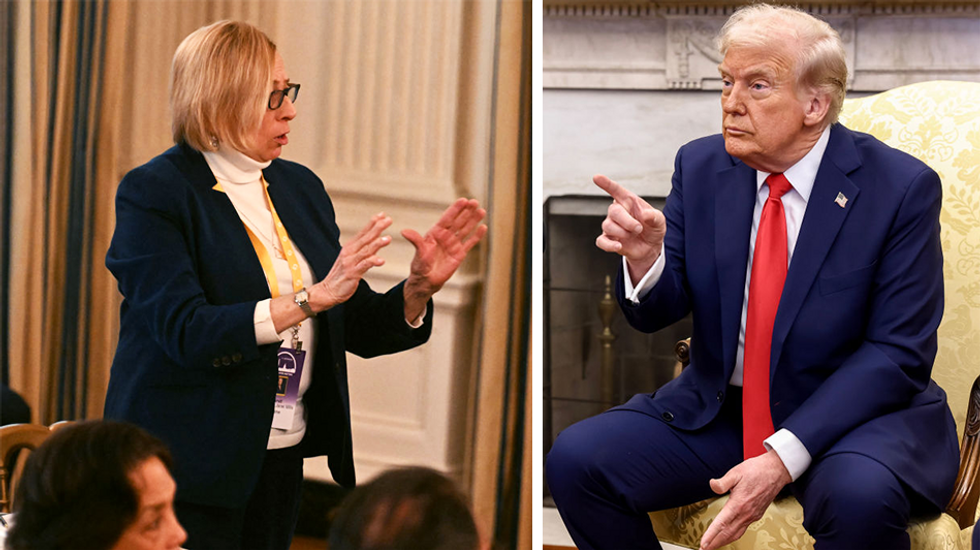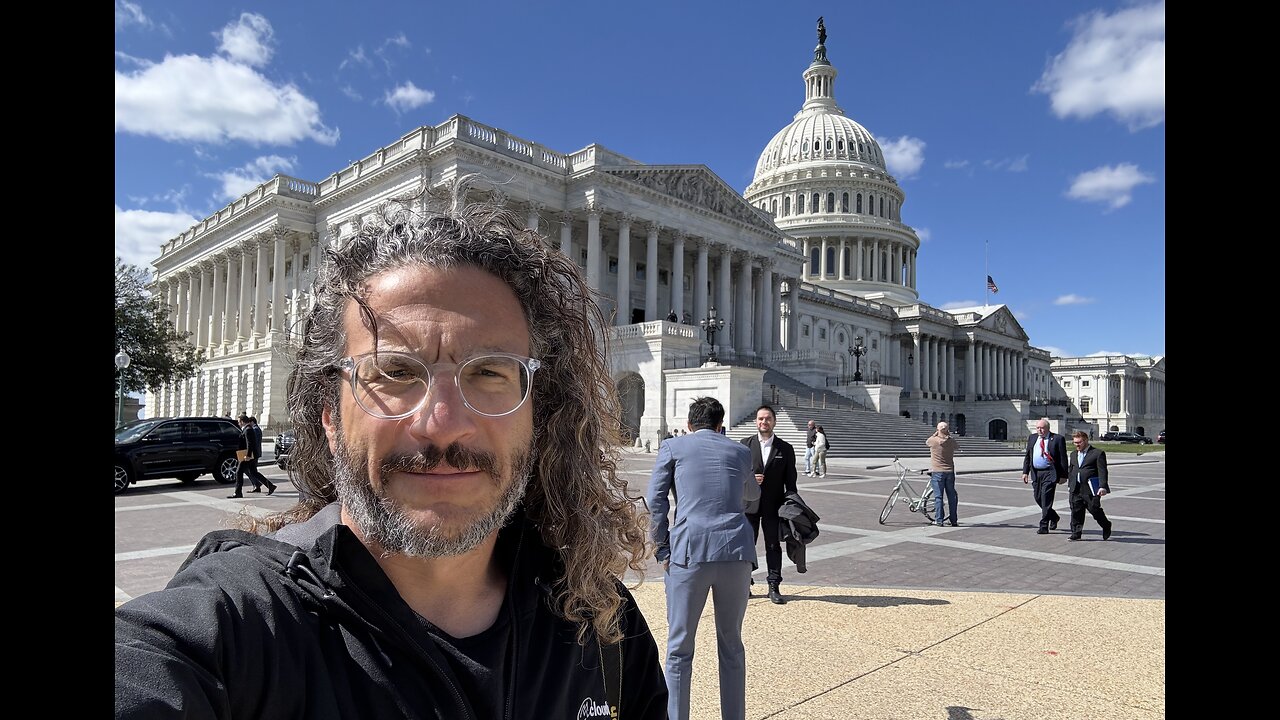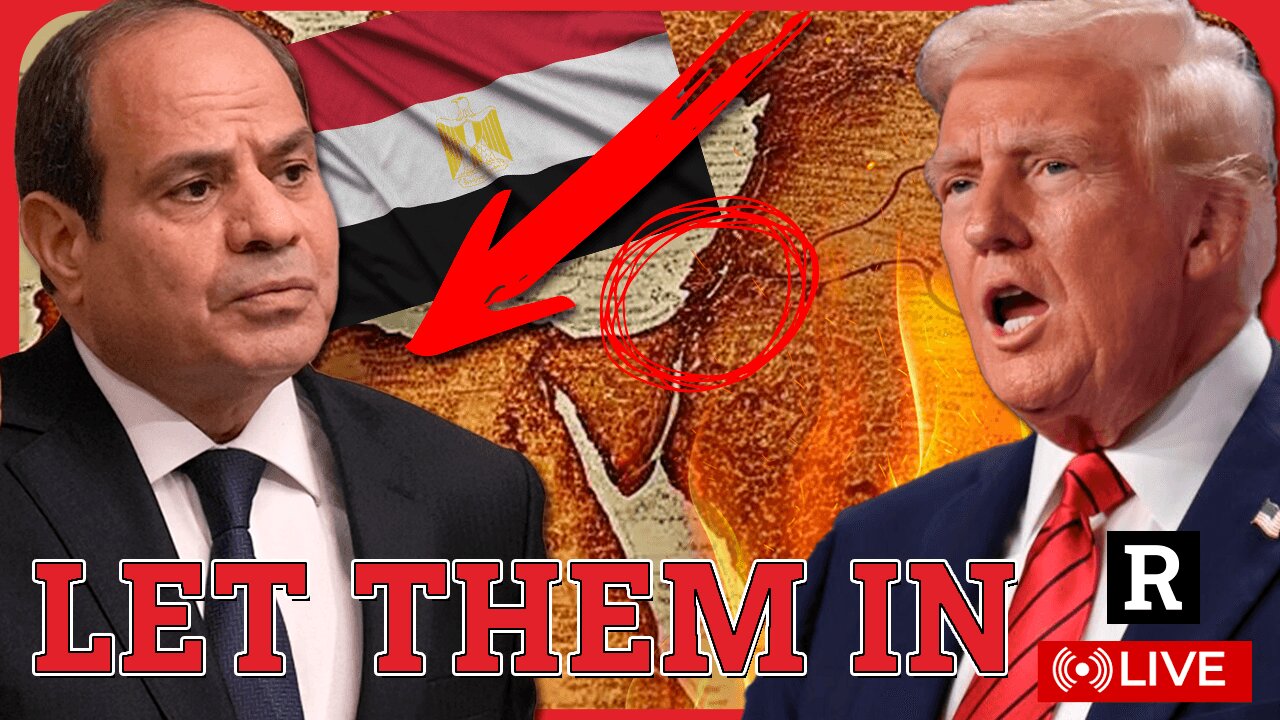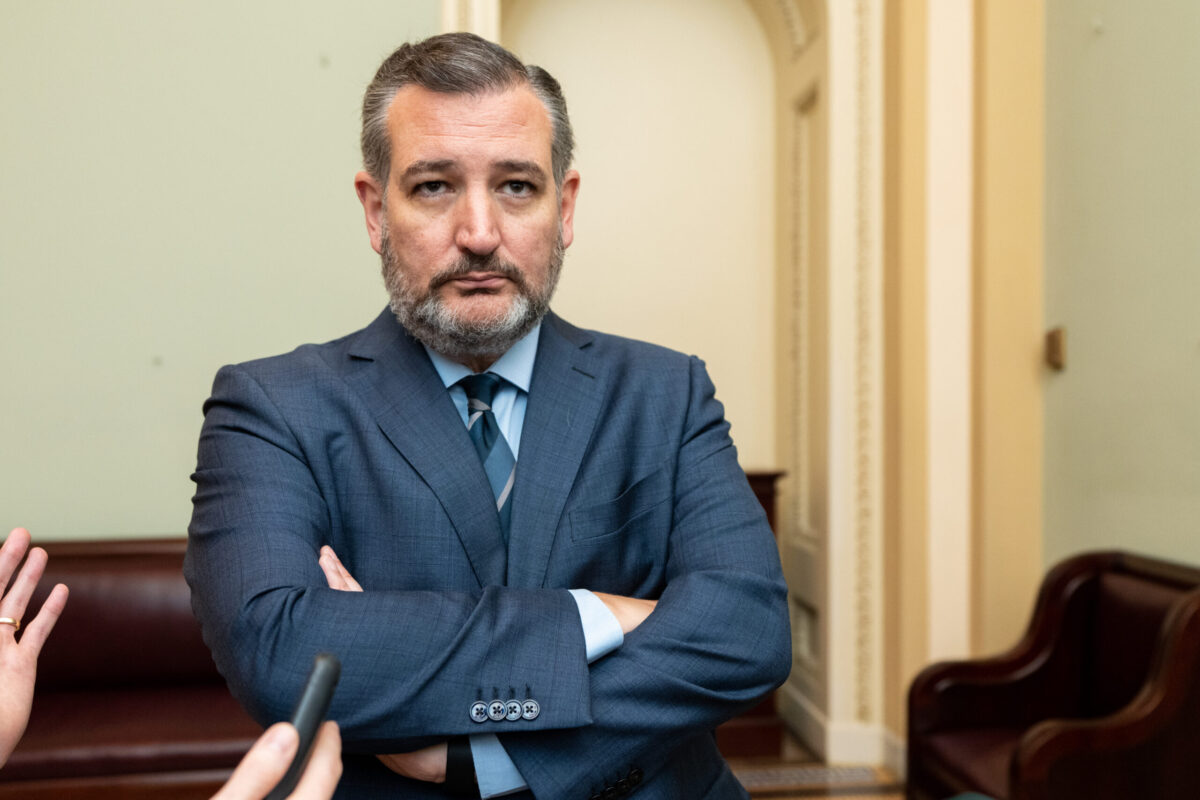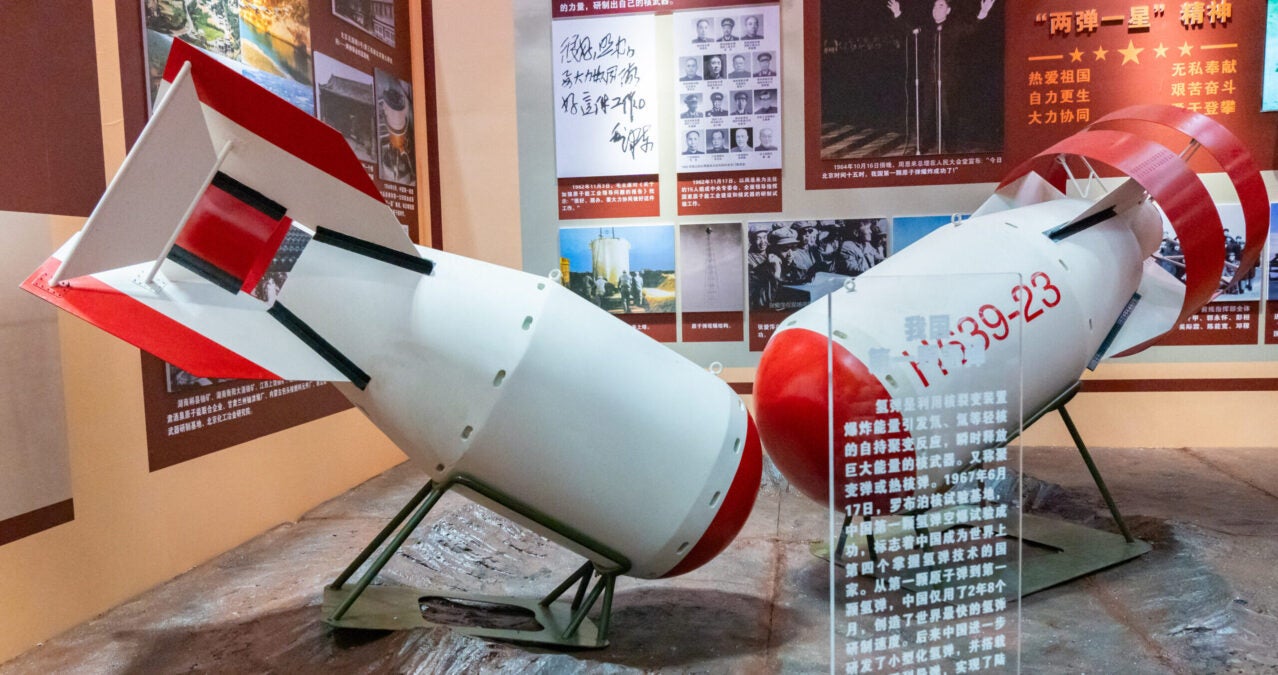University Of Michigan Ends Partnership With Communist Chinese University
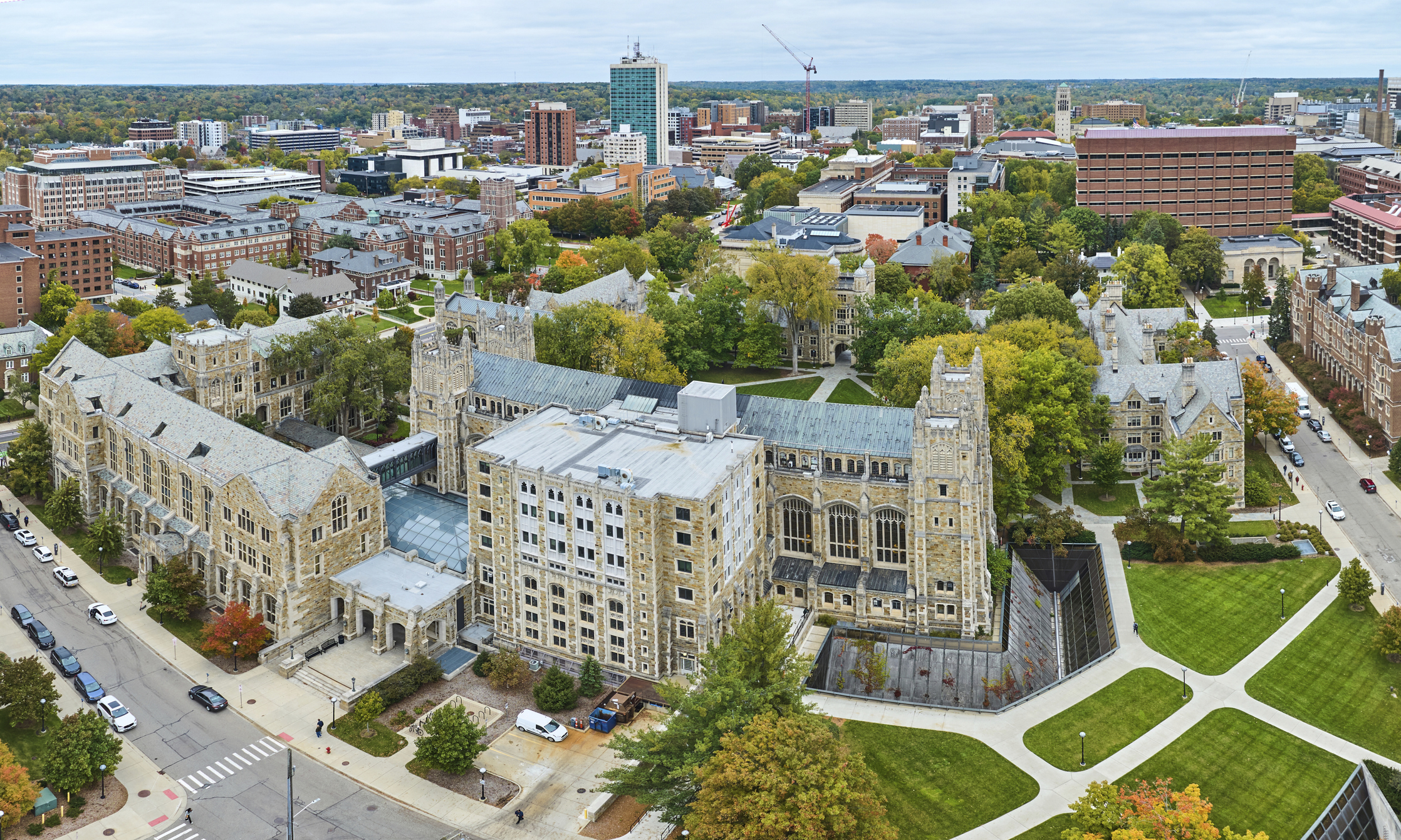
The University of Michigan, which has worked with Shanghai Jiao Tong University in Communist China since 2005, suddenly announced it was ending the partnership.
Last October 31, Rep. John Moolenaar (R-MI), the chairman of the House Select Committee on the Strategic Competition Between the United States and the Chinese Communist Party, wrote a letter to University of Michigan President Santa J. Ono, warning him of the risks of a partnership with the Chinese university. His letter came in the wake of five Chinese nationals from the Joint Institute studying at the University of Michigan being charged with deliberately concealing their unauthorized visit to Camp Grayling in northern Michigan. Those nationals came from China to Michigan as students through the joint institute partnership.
“Shanghai Jiao Tong plays a critical role in the Chinese Communist Party’s (CCP) military-civil fusion strategy,” Moolenaar wrote. “Through its extensive military-aligned departments and laboratories, advanced dual-use research programs, and large-scale operational training platforms, Shanghai Jiao Tong drives the PRC’s military modernization and intelligence capabilities. For example, the university is currently home to several national-level laboratories, including three defense-related laboratories. This military-academic integration enables Shanghai Jiao Tong to make significant contributions to the PRC’s most sensitive defense programs, including nuclear weapons, carrier rockets, satellites, nuclear submarines, and fighter jets.”
“Research performed at the Joint Institute advances the PRC’s defense and intelligence capabilities,” he added. “For example, Institute researchers have helped the PRC achieve advancements in defense technologies from propellant combustion modeling and solid rocket fuel research to anti-corrosion technology for military aircraft developed with People’s Liberation Army (PLA) researchers. They have worked on projects to improve CT imaging technology for detecting flaws in advanced military equipment, which appears to have leveraged Department of Defense- funded research from University of Michigan faculty.”
JOIN THE MOVEMENT IN ’25 WITH 25% OFF DAILYWIRE+ ANNUAL MEMBERSHIPS WITH CODE DW25
“International academic partnerships have deeply enriched our academic offerings and strengthened the global education of our students, and we will continue to pursue partnerships around the world as part of our academic mission,” Ono stated regarding the termination of the partnership. “As we do so, we must also prioritize our commitment to national security.”
“International experiences are vital for our students in this interconnected world,” he said. “We remain committed to supporting U-M’s international students and will continue to foster international partnerships that advance knowledge and cross-cultural understanding and ensure our campus remains a vibrant community where scholars from around the world can thrive.”
Georgia Tech announced the termination of the Georgia Tech Shenzhen Joint Institute in September. The House Select Committee on the Strategic Competition Between the United States and the Chinese Communist Party noted in July 2023 that then-Chairman Mike Gallagher (R-WI) of the committee and Chairwoman Virginia Fox (R-NC) of the Education and the Workforce Committee sent a letter to the President and Chancellor of the University of California Berkeley warning them about Berkeley’s joint institute with Tsinghua University and the Shenzhen government in China.
Originally Published at Daily Wire, Daily Signal, or The Blaze
What's Your Reaction?
 Like
0
Like
0
 Dislike
0
Dislike
0
 Love
0
Love
0
 Funny
0
Funny
0
 Angry
0
Angry
0
 Sad
0
Sad
0
 Wow
0
Wow
0



